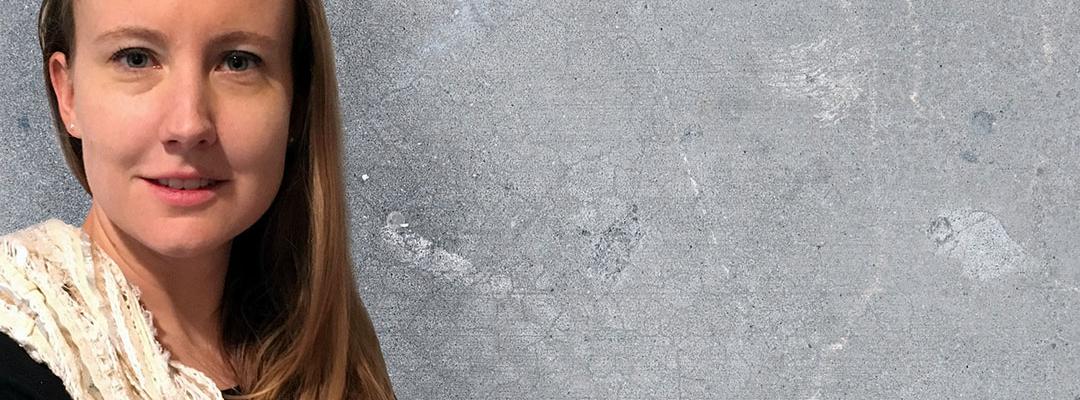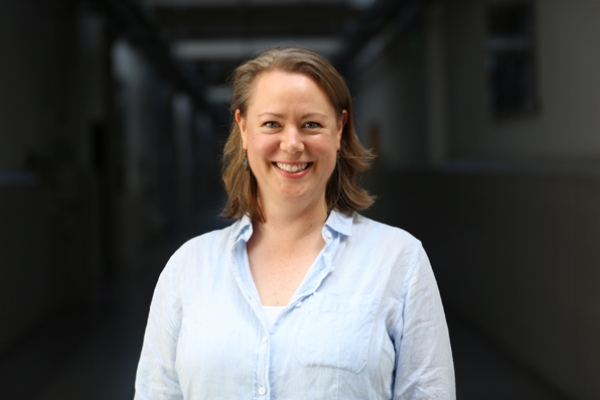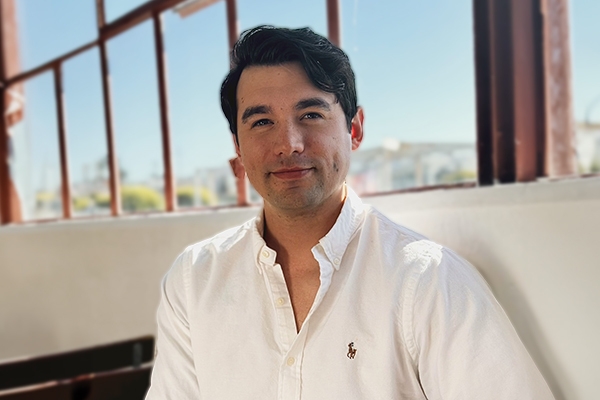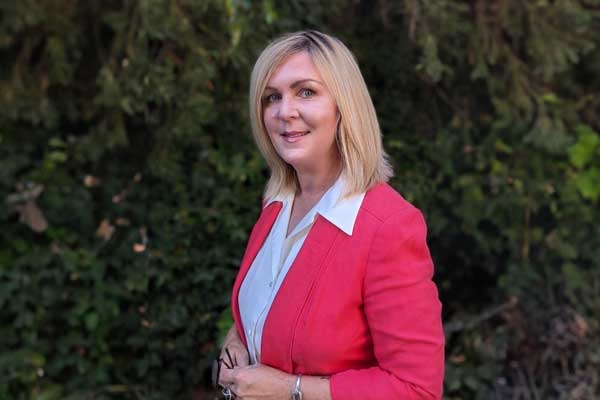You remember the feeling. You’ve graduated college, landed a job and are receiving a steady paycheck. It’s time to start “adulting,” which includes getting your personal finances in order.
For some, online advice and tutorials provide enough information to keep their finances on track. For others—like Sarah Sprague—having a more structured learning environment is preferable.
Enter our Survey of Personal Financial Planning course. This class provides those interested in moving toward a career in financial planning—as well as the general public—an opportunity to learn about the fundamentals of income taxes, investments, insurance, employment benefits and other subjects. By understanding the basis of each of these areas, you are able to make informed decisions when it comes to personal finances.
“As a new college grad,” Sarah recalls, “I wanted to know how I personally should be setting myself up for success and what I should be doing with that new paycheck I had just started receiving.”
While working as a Product Manager at Bio-Rad Laboratories (she received her B.S. in Chemical-Biological Engineering and Biology from MIT), Sarah began what would eventually become a career change she hadn’t foreseen. And it all started with that survey course.
When did personal financial planning become an idea of a new career for you?
I started taking the first class purely out of personal needs. The survey class was the only thing that looked remotely helpful and comprehensive enough, so I enrolled. Prior to that, I had just been reading online articles and getting suggestions in bits and pieces. I was looking for a more holistic approach so I could understand the steps I needed to take.
Then while taking that class, I met lots of other new financial planners, made friends with some of them and realized that this was a possible career path. That interest developed from there.
Hearing stories and real-world examples was extremely helpful and an incredibly useful insight into the rest of the industry.
Sounds like your classmates were influential in deciding to change careers.
My favorite part was the people. Interacting in person with instructors and fellow students was incredibly worth it. I have made some lasting relationships through the program.
Because I was not already employed in the financial planning profession, hearing stories and real-world examples was extremely helpful and an incredibly useful insight into the rest of the industry.
What drew you to this profession?
Financial planning has the most relevant numbers you’ll ever learn about. And because everyone has to have financial planning, you can really make a direct, positive impact on someone’s life and see that impact.
Someone can choose to learn the numbers or not. Those who learn are more likely to be successful.
Personal financial planning is a fantastic way to take out the scariness of all the numbers and make someone unafraid to learn them and apply them to their own life. By doing so, you’re showing others what the path to get started looks like: developing good habits, setting up the needed accounts, starting a career.
In the process of doing that, I’m excited to get insights into their lives and develop close relationships with them.
Because everyone has to have financial planning, you can really make a direct, positive impact on someone’s life and see that impact.
And you’ve successfully transitioned into a full-time career in the personal financial planning industry.
My current full-time role is at MoneyLion and I have a part-time virtual paraplanning role at Flow Financial Planning LLC, a fee-only RIA in Washington.
As the Product Manager for personal finance at MoneyLion—a financial startup in San Francisco—I’m responsible for making sure our users understand who we are, what we do and how we can help them achieve their own American dreams.
I am incredibly grateful for the knowledge I’ve learned, the people I’ve met and the opportunity it has provided me.
How are you employing lessons learned to each of these roles?
At MoneyLion, I determine how to help the masses understand the basics and the value of what it means to be moving forward financially.
At Flow, through real-life client scenarios every day, I may be walking through a tech employee's stock options or reviewing someone's beneficiary designations as part of their estate plan.
You recently completed the certificate. What does earning this mean to you?
This certificate means a great deal to me. As someone who didn’t know about the profession or intend to take the certificate when I started, I am incredibly grateful for the knowledge I’ve learned, the people I’ve met and the opportunity it has provided me.
I am incredibly excited to have the knowledge to empower people to improve their personal finances and give them confidence in their future.



